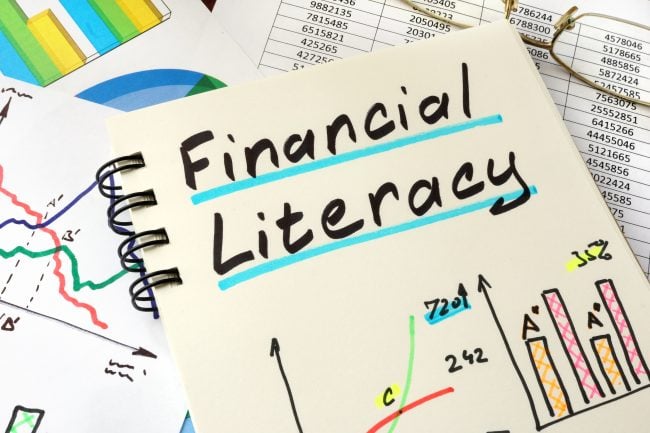 Credit/AdobeStock
Credit/AdobeStock
It's fair to say most, if not all, adults aspire to becoming financially free. For some, financial freedom may mean buying a home, starting a business, or traveling the world. For others, it's simply being able to afford the basic necessities without constantly stressing about money.
According to a recent Experian survey, 54% of Americans define financial freedom as not having debt. Another 33% define financial freedom as having a substantial emergency fund, while 33% of U.S. adults feel it means having the ability to pay their current bills for six months without worry. It's a powerful reminder of the impact that debt and our personal finances can have on our lives.
Recommended For You
Based on the research, it's clear that financial freedom means different things to different people. But the prospects of achieving financial freedom might feel murky at best. Only one-third of U.S. adults feel at least somewhat financially free, and nearly half of survey respondents actually feel financially restricted. What's more, 54% of Americans believe they will never experience financial freedom.
After you've taken a step back and digested those statistics, it's disheartening to see how many people feel about their financial future. Financial freedom should be an attainable goal for everyone, and yet the feeling that it's out of reach can bring about its own set of challenges. Stressing about your financial situation can have negative consequences on your own personal health, as well as the relationships you have with your friends and family. Beyond this, these negative perceptions can impact the ways consumers choose to interact with banks and other members of the financial services ecosystem.
While some consumers are taking steps to become more financially free – more than 58% of Americans are working toward paying off debts and 50% are spending less on nonessentials – as a financial services community, we have an immense responsibility to help our communities change the narrative and achieve their financial goals. More importantly, we have the resources and toolkit to make an impact.
Enter: Financial Literacy
Helping consumers expand their financial knowledge and empowering them with the skillset needed to navigate the financial landscape, as well as their unique situation, are paramount to success. Financial literacy leads to financial capability, and financial capability leads to more consumers taking control of their financial future.
We must go beyond a baseline understanding of the financial system. Each person is at different stage in their journey, so a one-size-fits-all approach doesn't work. Effective financial literacy programs meet consumers where they are, with information they need, when they need it and are open to receiving it.
Becoming a Trusted Partner
Between the massive amounts of personal finance misinformation in the market and some underrepresented communities inherently distrusting the mainstream financial system, credit unions have their work cut out for them to build trust with consumers. The first step to building that trust is understanding the day-to-day challenges that consumers experience.
Collaboration extends beyond financial institutions and the credit bureaus. Working hand-in-hand with non-profits, community leaders and other organizations opens the door to engage these communities, listen to the challenges they're experiencing first-hand and most importantly, make a real impact.
At the end of the day, financial freedom shouldn't feel like a faraway dream, it should be a realistic goal for everyone. As a financial services community, we have a responsibility to empower our communities to achieve their full potential. By building trust with our communities, imparting financial knowledge and equipping consumers with the appropriate skillset, we're taking steps in the right direction to help them become financially free.
 Christina Roman
Christina Roman Christina Roman is the Consumer Education and Advocacy Manager for Experian.
© Touchpoint Markets, All Rights Reserved. Request academic re-use from www.copyright.com. All other uses, submit a request to [email protected]. For more inforrmation visit Asset & Logo Licensing.






